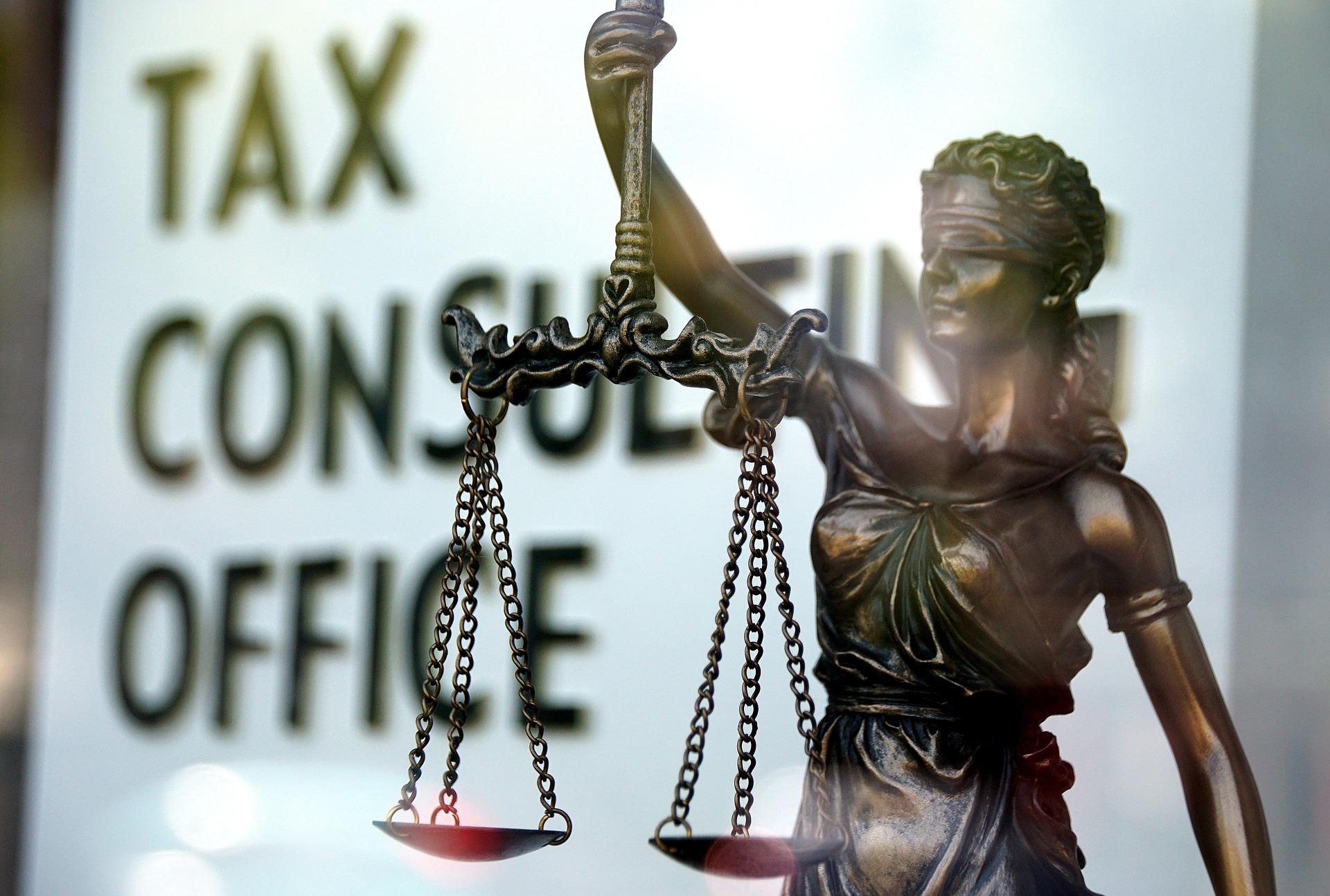The Intersection of Artificial Intelligence and the Law: Exploring New Legal Frontiers
Artificial Intelligence (AI) is rapidly transforming every facet of our society, including the legal landscape. This article will delve into the intersection of AI and law, a topic often overlooked but with significant implications for our future. AI's roots trace back to the mid-20th century, when Alan Turing, a British mathematician, pondered if machines could think. With time, AI has evolved into a transformative force across industries, including law. AI in law began its journey with simple tasks such as legal research and has now graduated into complex areas such as predictive analysis in litigation outcomes.

AI in Today’s Legal Framework
Today, AI has a profound impact on the legal field. Machine learning algorithms are used for predicting court decisions, conducting legal research, and even drafting legal documents. However, the use of AI in the law has also raised several legal dilemmas. For instance, who should be held accountable when an AI tool gives incorrect legal advice? These questions necessitate a re-examination of our current legal framework.
The Legal Implications of AI
The use of AI in law brings forth numerous legal implications. AI’s autonomous nature raises liability issues, as it’s unclear who should bear responsibility for AI malfunctions or mistakes. Additionally, AI’s ability to process vast amounts of data in seconds raises concerns about due process and fairness. For example, if an AI system predicts a likely guilty verdict based on historical data, does it infringe on the defendant’s right to a fair trial? These are just some of the legal conundrums that AI brings to the table.
The Impact of AI on Society
AI’s influence extends beyond the legal field, impacting society at large. On the one hand, AI has the potential to streamline legal processes, making them more efficient and cost-effective. On the other hand, AI’s ability to make decisions that were traditionally human prerogatives raises ethical and societal concerns. Addressing these concerns requires a delicate balance, one that acknowledges AI’s benefits while safeguarding against its potential pitfalls.
Looking Towards the Future: AI and the Law
As AI continues to evolve, so too will its impact on the legal field. Future advancements in AI, such as autonomous legal advisors, could significantly alter the legal landscape. However, these advancements also necessitate legal adjustments and the creation of new legal norms and principles. Therefore, as we step into the future, it is crucial to keep the dialogue on AI and the law going, ensuring that the law evolves in tandem with AI.
In conclusion, the intersection of AI and the law is a rapidly evolving and fascinating area. It presents unique challenges and opportunities that require thoughtful consideration and proactive action from lawmakers, legal professionals, and society at large. As AI continues to permeate our lives, its interaction with the law will undoubtedly become an increasingly important topic of discussion.




